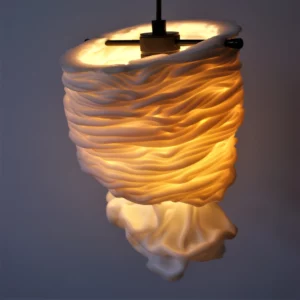
WasteBase as a Solution
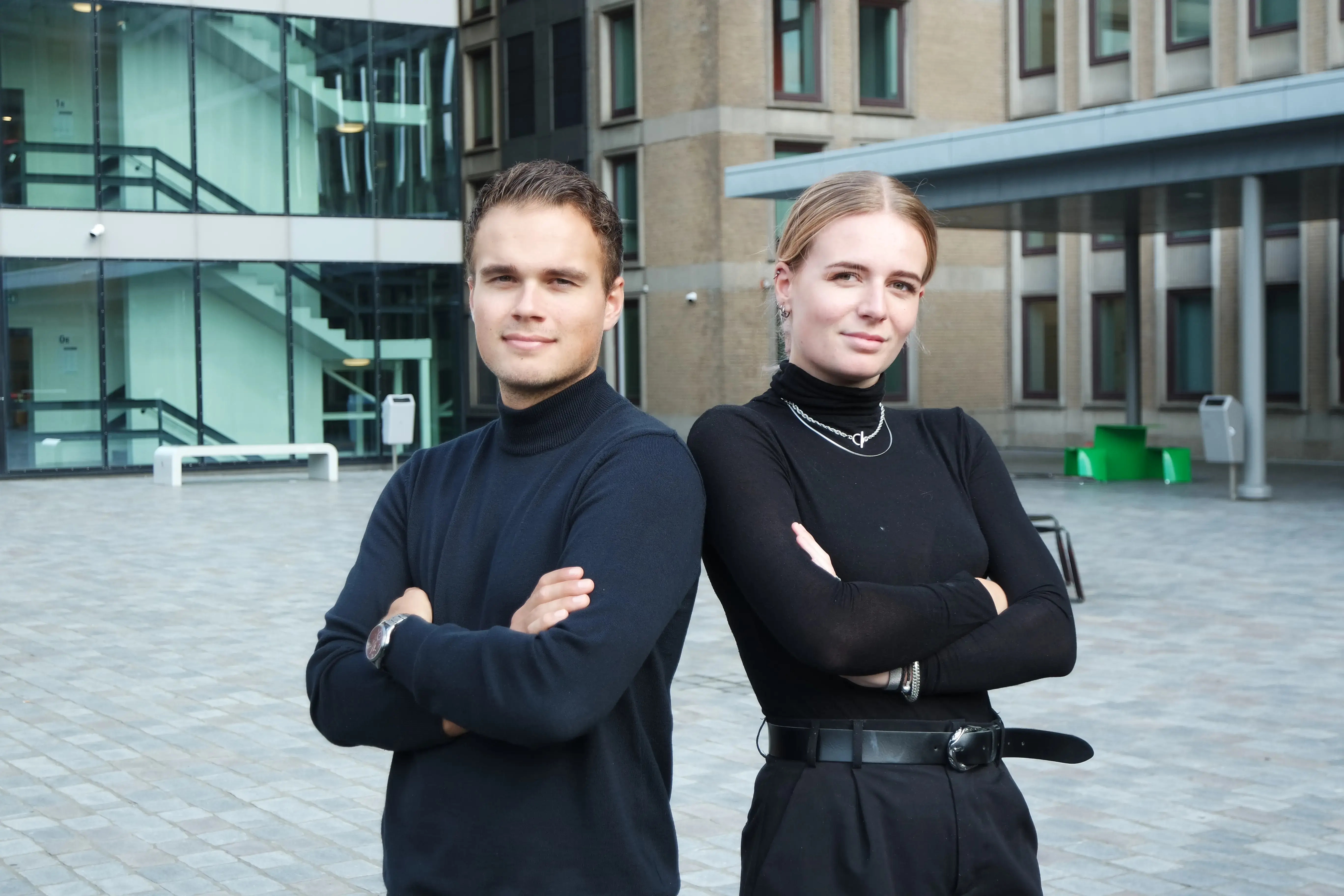
Valuable residual materials from businesses still end up in landfills too often. “It’s a shame, because these residual streams are often still of great value, even though producers don’t always see it themselves,” says Ramon de Iongh, co-founder of WasteBase. “Reusing and repurposing existing materials is the first step towards preserving value and a healthy society.” That’s what WasteBase contributes to by bridging the gap between the supply of residual materials from companies and the demand from circular designers.
Current situation
To achieve a circular economy by 2050, a lot still needs to be done. The Circularity Gap Report 2019 states that the world economy is only 9% circular – only 9% of the 92.8 billion tons of minerals, fossil fuels, metals, and biomass that enter the economy each year are reused. And the trend is negative. Resource consumption has doubled in the last 25 years. And 50-75% of the annual resource consumption of industrial companies is waste within 1 year.
Being more conscious about residual materials
In the Netherlands, we produce 65 million tons of waste per year, of which more than 90% comes from businesses. Companies are often unaware of their waste processes and their impact on the environment. It has become an automatic process, and therefore there is no urgency to examine it closely. Residual materials are written off and fall outside the active business process. They often lie silently in the warehouse gathering dust, resulting in material value loss, ongoing storage costs, and increasing disposal and landfill costs.
“In 2024, businesses will have to take more responsibility for the entire impact of the company on our society. Awareness, creativity, and decisiveness are essential for the transition to a circular economy.”
Creating value
On the online B2B trading platform WasteBase.eu, reusable materials and circular products are made visible and tradeable. WasteBase also helps solve circular challenges faced by businesses, along with creative material experts. Through these circular cases, companies can distinguish themselves as leaders in the circular economy. Building on their own experiences as young designers, Romaike Slikker and Ramon de Iongh want to stimulate the work of circular designers and give residual batches from businesses a new purpose and destination with WasteBase. Giving new life to these materials saves costs and creates profit for the provider, buyer, and society. A win-win-win for all parties involved!

Share post
Related articles

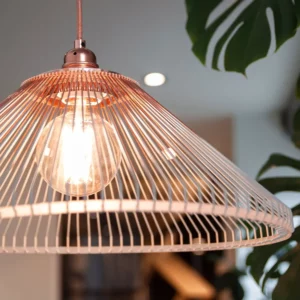
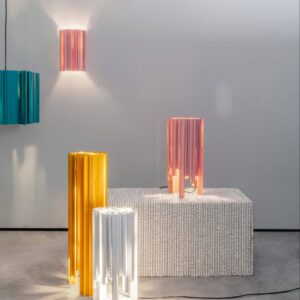
High Profile lighting collection
The High Profile lighting collection is a creation of Dutch
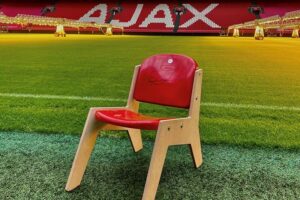
Material Database
Circular materials for your next project
Successful collaborations between the material Suppliers and Buyers are given a stage on this page. Get inspired by the articles and discover what repurposing can do for your projects.

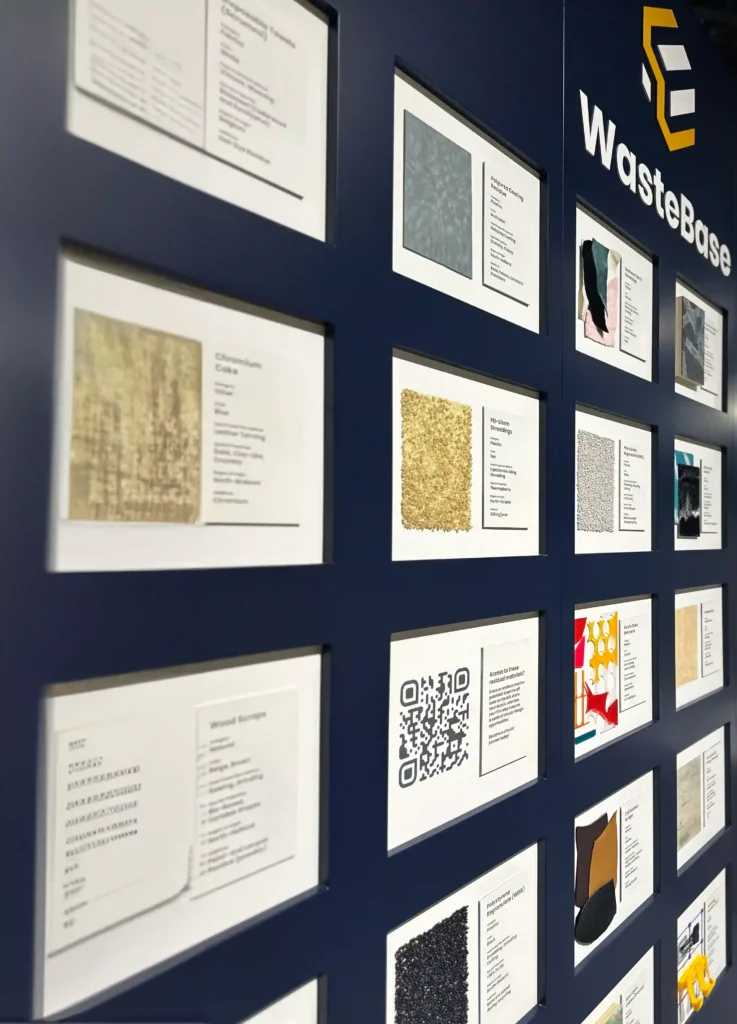
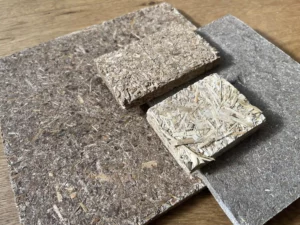

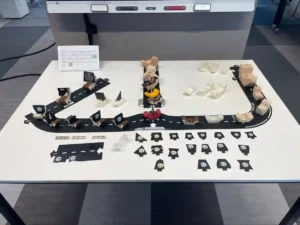
Interesting article and very needed indeed. I subscribed to your newsletter, keep up the work!